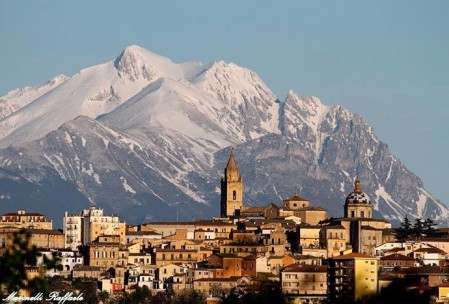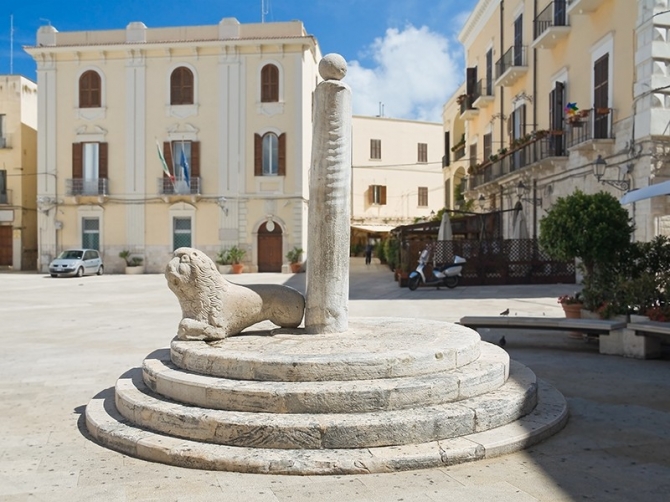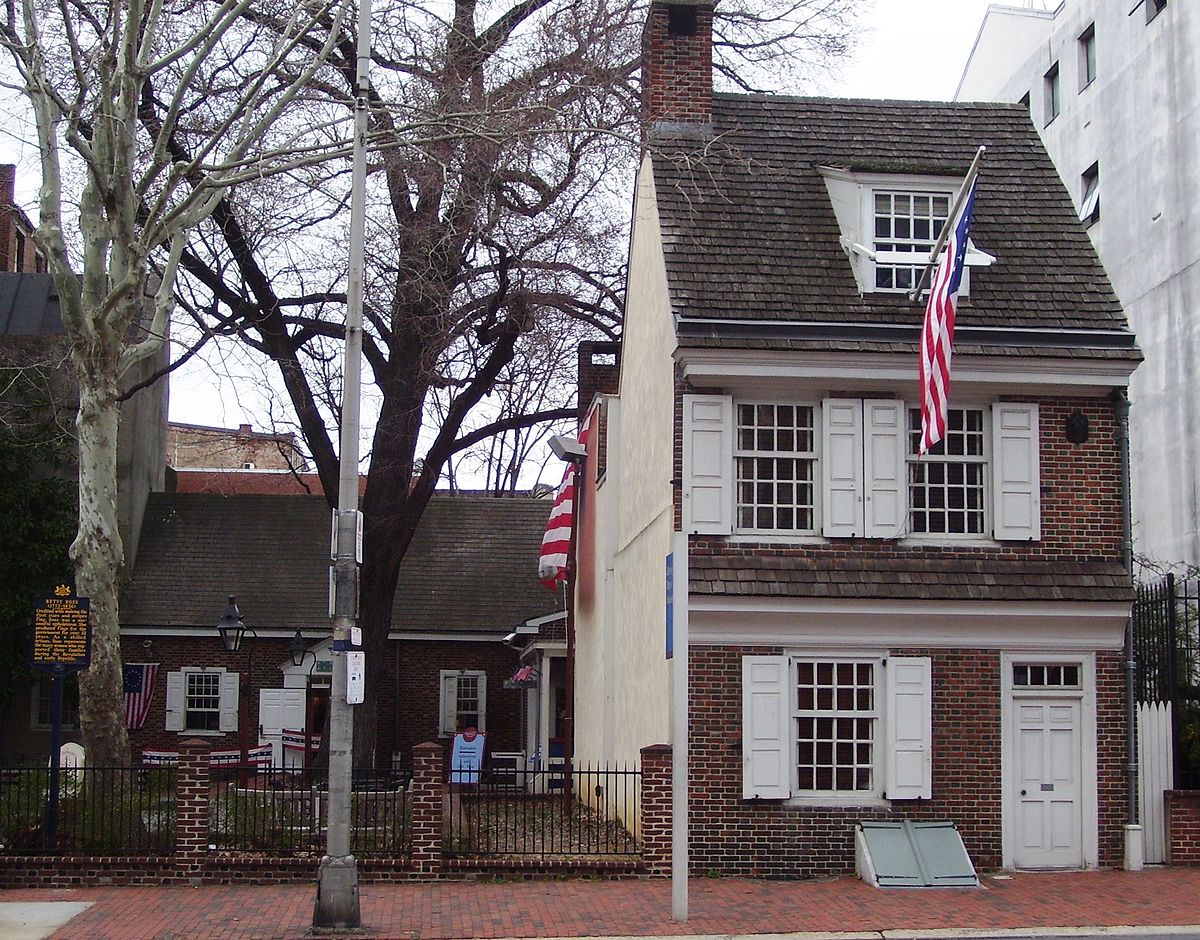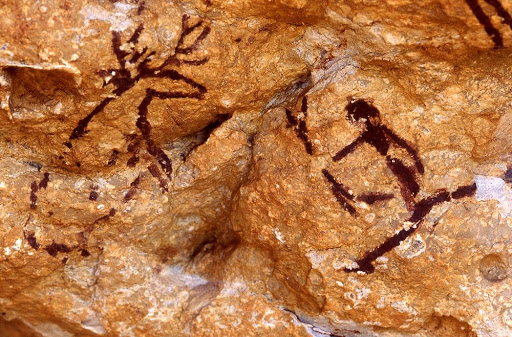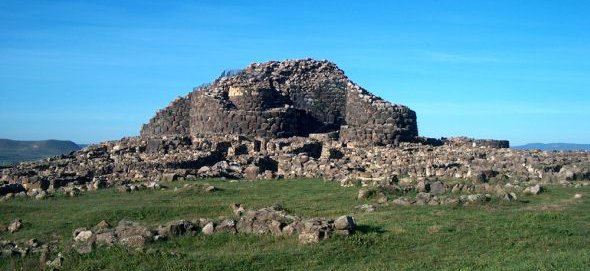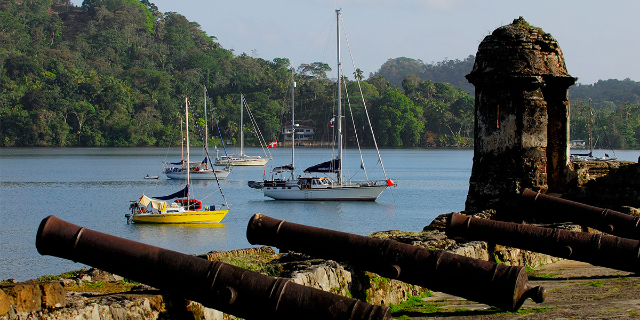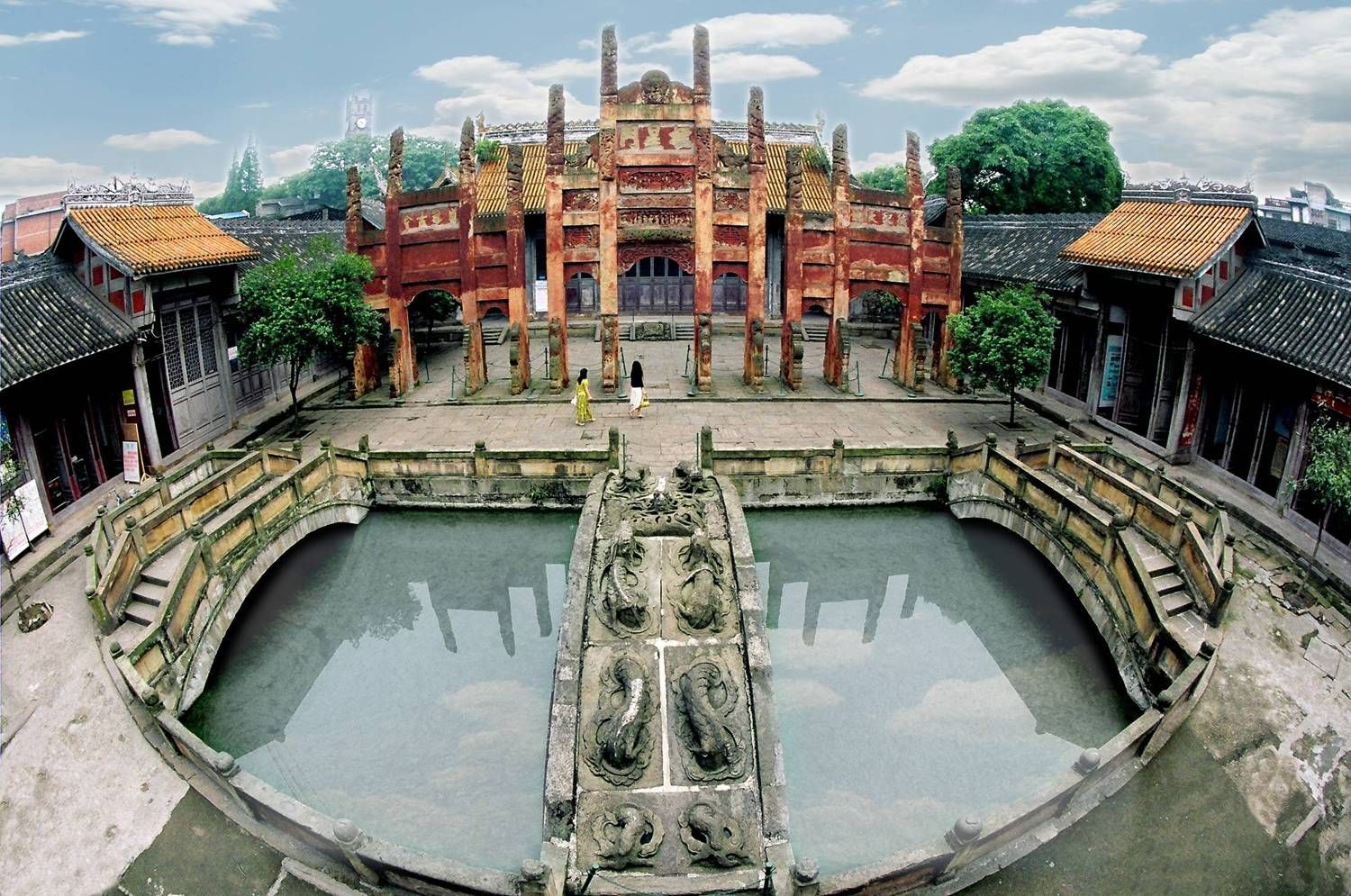According to legend, its origins go back to the Greeks. The first century B.C. geographer Strabene himself has it descended from the Arcadians of Greece, who gave it precisely the name Tegeate in memory of the city of Tegea.
But if the origins are not very clear there are numerous archaeological remains that have come to light during recent and remote excavations that confirm the opinion of those who date it back many centuries before Christ to the Marrucini, a tribe of which there is historical record only when, together with the
Alarsi, the Peligni and the Frentani, was subdued by the Romans for having indirectly participated in the Samnite League against Rome.
Of ancient Teate the historion sources tell us, moreover, that it participated this time with the Romans in the war against Pyrrhus, the war in Gaul, the Punic wars and the Macedonian war.
In the period of the Roman Empire the city of Teate attained exceptional splendor and was enriched with monuments (the Theater, the Baths, etc.) the remains of which have come to light. It was the seat of the imperial procurator. With the advent of Christianity the noble Teate, which had given birth to men known and appreciated even in Rome, welcomed, not without contrasts, the new reality based on the word of Christ and adapted to it. In the fourth century it was the bishop and saint, Giuscino, who solidified and organized the Theatine Church. The city is recorded in the Middle Ages as being in the full enjoyment of its civil rights. In 801 it was destroyed by Pepin son of Charlemagne, but, rising from its ruins, it shone again. Around 1000 the Normans made it one of their most important centers, and later still, in the 13th, 14th and 15th centuries the Aragonese and Angevins restored it to its greatest splendor. Chieti was in fact, elevated to capital of Abruzzo Citra.
Alfonso V of Aragon favored it so much that he made it the seat of the Viceroy. In the 1500s it was elevated to the rank of metropolitan city and made the seat of the archbishopric ruled by that Giovanni Pietro Carata ch^; would later be Pope ^aolo IV. After a life characterized by a preeminent ecclesiastical influence, in the 18th century Charles III of Bourbon reconfirmed his special predilection for it until, after having manifested his opposition, at times larvae, at times manifest to the French, and his loyalty to the Bourbons, not insensitive to the .cry for freedom coming from all over Italy, he participated with his best sons .in the struggle for independence. In 1860 Victor Emmanuel II was welcomed to the city with great honors and carried in triumph.
